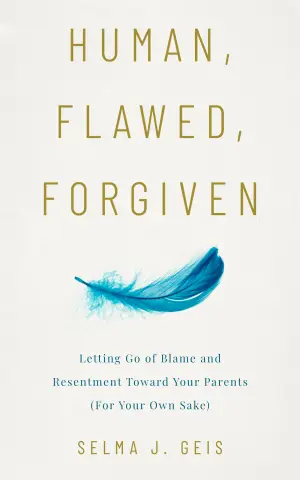A Reflection on Thomas Sowell’s Social Justice Fallacies
As a seasoned observer of social issues and the intricate dance of societal norms, I found myself drawn to Thomas Sowell’s Social Justice Fallacies. Sowell’s writing has long captivated me—whether I agree or disagree with his positions, he lays out arguments with meticulous clarity, inviting readers into a respectful debate filled with nuance. So, it was a delight to immerse myself in this audiobook while meandering through the forest with my dogs, absorbing his thoughts as I contemplated our world and the concept of social justice.
At its core, Social Justice Fallacies challenges the assumptions underpinning the social justice movement. Sowell astutely questions the very definition of victory in this context, suggesting that it may be as evasive as it is noble. He acknowledges the movement’s commendable vision for a more equitable world but argues that the reliance on external authorities to redistribute power often results in unintended consequences. This point resonated with me, particularly as Sowell cautions against ceding power away from individuals—something that, once lost, is profoundly difficult to regain. His insistence on individual agency and expertise is a clarion call for understanding the unique contexts from which people emerge; geography, culture, and personal experience matter immensely.
Sowell’s writing style is a wonderful balance of intellect and accessibility, making complex arguments digestible. Like a seasoned debater, he doesn’t shy away from contentious subjects. He insists that differences in outcomes are not inherently injustices but rather reflections of varying preferences and circumstances. For instance, his discussion about the gender income gap was thought-provoking; he presents data that shows women in specific conditions can earn more than their male counterparts. This was a refreshing perspective amidst the often-polarized dialogue surrounding gender equity.
While I found many of Sowell’s points compelling, I also sought deeper nuance in areas where he seemed to oversimplify matters. For example, his treatment of under-representation in sectors like technology seemed overly reliant on quantitative data, neglecting the long-standing cultural narratives that guide choices from an early age. Such discussions highlight how important it is to meet analytical rigor with empathy and historical context.
A few memorable quotes from the book encapsulated the essence of Sowell’s argument: “Each person has an island of knowledge amidst a sea of ignorance” struck a chord with me. This acknowledgment of our limited perspective encourages humility in leadership and policymaking—a central theme in Sowell’s work.
For readers who appreciate a thought-provoking exploration of social justice through a conservative lens, I highly recommend Social Justice Fallacies. Sowell challenges you to engage with uncomfortable questions, urging you not just to consider the statistics but the stories behind them. Ultimately, this book isn’t merely a critique; it’s an invitation to cultivate deeper understanding and engagement around social issues. In a world where conversations often devolve into shouting matches, Sowell’s calm, reasoned writing serves as a breath of fresh air.
I closed the book with newfound perspectives and questions about our discourse on social justice, grateful for the opportunity to immerse myself in Sowell’s carefully crafted arguments. Whether you are a long-time admirer of his work or approaching it for the first time, Social Justice Fallacies is sure to ignite a conversation worth having.
[ad_2]
Discover more about Social Justice Fallacies on GoodReads >>






